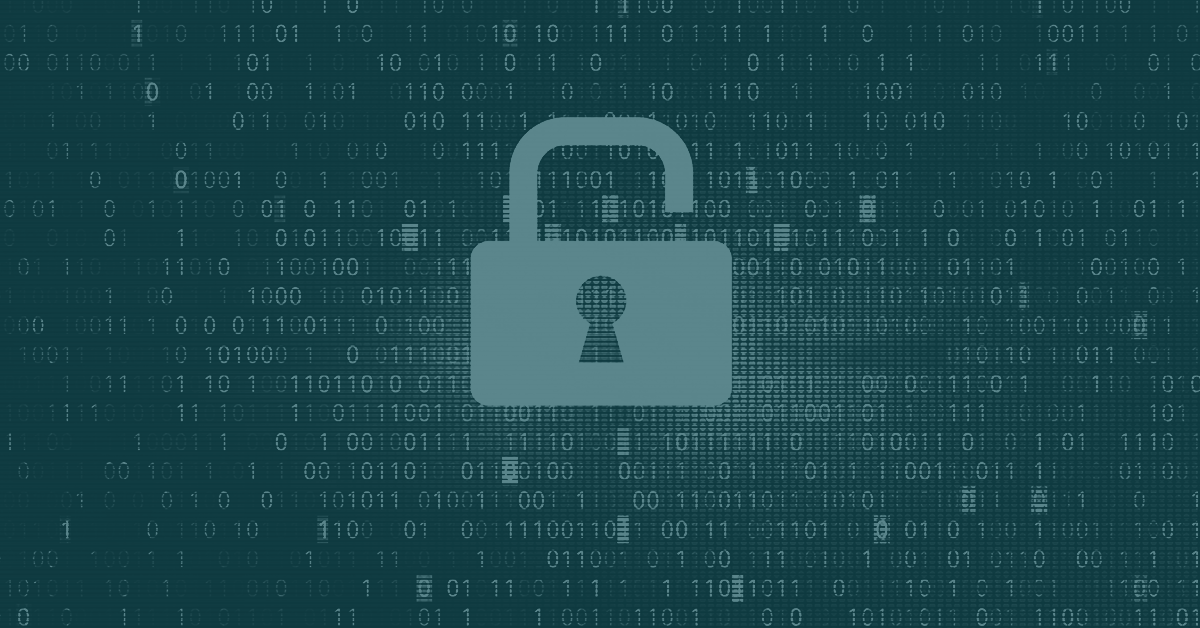Blog
Emerging Cyber Extortion Tactics and How to Fight Back
Explore the evolving landscape of cyber extortion where ransomware merges with threats like data theft and unethical vulnerability disclosures. We delve into the sophisticated tactics that modern cybercriminals use to undermine organizational security, and how to stay one step ahead.

What are the New Trends in the Cyber Extortion Economy?
As ransomware groups evolve, threat actors are becoming increasingly hostile and innovative, adopting new tactics that add significant external pressures. These pressures include doxxing executives, threatening to release embarrassing or sensitive information, or alerting stakeholders about data breaches—all to increase the likelihood of payment. This “extortion economy” represents a growing risk that parallels many ransomware threats.
To further complicate matters, the distinction between overt malicious actors and self-proclaimed ethical hackers is increasingly blurred. As a result, organizations must actively engage in these environments to preemptively counter threats and adapt strategies from ransomware response playbooks to address these lesser-known extortion techniques. In this article, we delve into these tactics, outlined in the Flashpoint 2024 Global Threat Intelligence Report.
Which Cyber Extortion Tactics are Most Common Today?
- Data Encryption: The classic tactic of using malware to lock or encode a victim’s data remains prevalent. Attackers demand payment for the decryption key, holding the data hostage.
- Data Extortion: Attackers now also threaten to release or sell the stolen data unless they receive payment, applying even more pressure on victims.
- Unethical Vulnerability Disclosures: Some cyber actors exploit discovered vulnerabilities for financial gain, blurring the lines between ethical hacking and cyber extortion.
- Underground Economies’ Influence: The dark web increases the value of stolen data, treating it as a commodity and facilitating further attacks.
- Access Brokers: The sale of unauthorized access to systems often serves as a precursor to multifaceted cyber attacks, creating a persistent threat landscape.
- Distributed Denial-of-Service (DDoS) Attacks: DDoS attacks incapacitate a victim’s online services with overwhelming traffic, paired with a ransom demand to cease the attack.
- Physical Threats Related to Cyber Activities: In extreme cases, cyber threats are accompanied by physical threats to victims or their families, compelling compliance with ransom demands.
How Can Organizations Fight Back Against Cyber Extortion?
In response to these diverse and complex extortion tactics, organizations need to adopt a multifaceted approach to cybersecurity. Implementing robust defense mechanisms and proactive strategies can significantly mitigate the risks posed by these modern threats. Here’s how:
- Implement Robust Encryption and Backup Procedures: Ensure that all sensitive data is encrypted and regularly backed up to secure, off-site locations.
- Advanced Threat Detection and Response: Utilize machine learning and AI to detect unusual data patterns and establish a swift incident response plan.
- Vulnerability Management Program: Include regular security assessments, penetration testing, and prompt patching of software vulnerabilities.
- Monitor and Analyze Dark Web Activities: Continuously monitor Dark Web forums and marketplaces to stay informed about the latest trends.
- Zero Trust Architecture: Verify every user and device trying to access your network, minimizing the risk posed by access brokers.
- Protect Against DDoS Attacks: Implement solutions that detect and mitigate large-scale DDoS attacks.
- Employee Education and Physical Security Measures: Train employees on cybersecurity risks and enhance physical security measures.
Take action with Flashpoint
The landscape of cyber extortion is dynamic and increasingly sophisticated, necessitating an equally robust response from organizations. By adopting these proactive strategies, businesses can bolster their defenses against a wide array of threats and mitigate the impact of potential attacks. To see how Flashpoint can further enhance your organization’s security posture, sign up for a demo today.
Frequently Asked Questions (FAQs)
What is cyber extortion and how does it differ from traditional ransomware?
Cyber extortion is a broad category of digital crime where attackers demand money to prevent a negative outcome. While traditional ransomware focuses mainly on encrypting data for a fee, modern cyber extortion includes tactics like threatening to leak sensitive data (doxing), launching DDoS attacks, or exploiting software vulnerabilities for financial gain.
| Tactic | Primary Goal |
| Encryption | Locking data until a ransom is paid for the key. |
| Data Extortion | Threatening to publish sensitive files to harm a brand. |
| DDoS Extortion | Crashing services and demanding a fee to stop the traffic. |
What role do access brokers play in the extortion economy?
Access brokers are threat actors who specialize in gaining unauthorized entry into a network and then selling that access to others. They act as a “middleman” in the cybercrime world, providing ransomware groups or extortionists with the credentials needed to launch deep, multifaceted attacks without having to perform the initial breach themselves.
- Initial Entry: Brokers use phishing or software flaws to get in.
- Profit: They sell access on the dark web to the highest bidder.
- Escalation: The buyer then uses that access to steal data or plant ransomware.
How can a Zero Trust architecture help prevent cyber extortion?
Zero Trust architecture helps by removing the assumption of trust for any user or device within a network. By requiring continuous verification and limiting access to only what is necessary, organizations can prevent access brokers from moving laterally through a system, effectively containing a potential breach before it can escalate into a full extortion attempt.
| Feature | Defense Benefit |
| Continuous Auth | Requires proof of identity at every step of the network. |
| Least Privilege | Ensures users only see the data they need for their job. |
| Micro-segmentation | Breaks the network into small zones to stop threats from spreading. |

